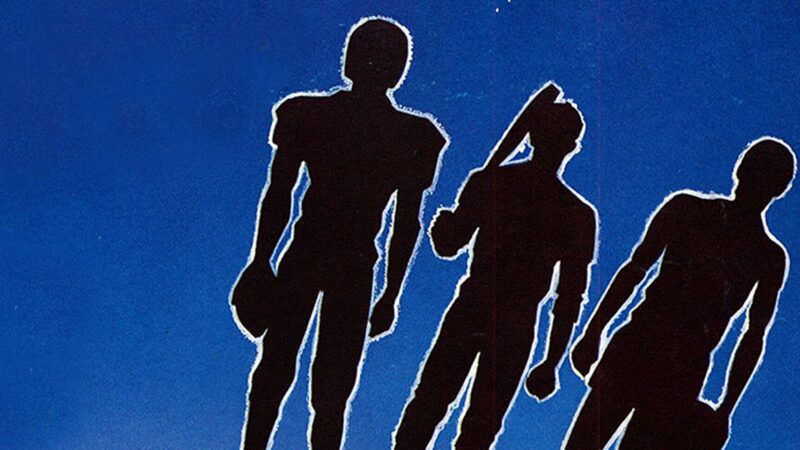Archives: May 2025
Excerpts from Reason's vaults

5 years ago
May 2020
"A brainchild of then–Harvard law professor Elizabeth Warren, the Consumer Financial Protection Bureau (CFPB) was supposed to safeguard the interests of American consumers by implementing and enforcing a wide array of federal regulations. The CFPB was also designed to be independent. The agency was placed in the hands of a -single director appointed by the president to a five-year term. Despite wielding many executive branch–like powers, the director of the CFPB does not answer to the White House and may only be removed by the president for 'inefficiency, neglect of duty, or malfeasance'….That unique organizational structure has raised constitutional questions. How is it consistent with the separation of powers to have a quasi-executive agency run by a lone federal official who is essentially untouchable by the head of the executive branch?"
Damon Root
"The Constitutional Case Against the Consumer Financial Protection Bureau"
25 years ago
May 2000
"For most of the post–World War II era, the government didn't need a general policy on encryption. Because of the massive computing power necessary to generate cryptographic codes, such activity was the province of intelligence agencies and almost no one else. Over the past couple of decades or so, as the personal computer revolution placed more (and cheaper) processing power within reach of virtually anyone, that changed. In response to a world of decentralized computing, U.S. law enforcement responded with a single, panicky policy: Stop the spread of cryptography at all costs."
Mike Godwin
"Rendering Unto CESA"
35 years ago
May 1990
"All told, as many as 20 North American cities are laying plans for new football or baseball stadiums in the next few years. Over three-quarters of a billion dollars was spent for sports facilities in the past decade, most of that from the public purse. What do these cities and counties get for their money? Many stadiums don't even earn back their yearly operating costs, and only one built in the past 30 years has paid back its original investment."
T. Keating Holland
"Field of Dreams"
45 years ago
May 1980
"Presumably, a welfare system that actually had as its goal the elimination of poverty would be constructed so as to help and encourage people to get jobs and improve themselves. The US welfare system, however, does the opposite. It uses a so-called means test for welfare benefits, which takes away those benefits if someone on welfare earns any income. The effect is exactly the same as if very high tax rates were imposed on welfare recipients. Not surprisingly welfare recipients react to this set-up the same way high-income people react to high tax rates: they avoid earning 'taxable' income. Toward this end they can either avoid work, work only for returns that are not included in the definition of income for welfare or tax purposes, or cheat. And people on welfare are just as innovative as people with high incomes when it comes to 'fiddling' the system, as the British say."
Bruce Bartlett
"How to Perpetuate Poverty"
"By no stretch of the imagination does business have a monopoly on profit seeking, once profit is understood as gaining for oneself by means of work, investment, patience, ingenuity, talent, and sometimes, unfortunately, less admirable avenues. But most other professions can, if they wish, hide behind a facade of humanitarianism—as though nurses, opera singers, and Broadway directors did not often participate in their crafts for the sake of self-fulfillment; as if these professions required a solemn oath of self-immolation."
Tibor Machan
"The Anti-Business Mentality"


Hide Comments (0)
Editor's Note: As of February 29, 2024, commenting privileges on reason.com posts are limited to Reason Plus subscribers. Past commenters are grandfathered in for a temporary period. Subscribe here to preserve your ability to comment. Your Reason Plus subscription also gives you an ad-free version of reason.com, along with full access to the digital edition and archives of Reason magazine. We request that comments be civil and on-topic. We do not moderate or assume any responsibility for comments, which are owned by the readers who post them. Comments do not represent the views of reason.com or Reason Foundation. We reserve the right to delete any comment and ban commenters for any reason at any time. Comments may only be edited within 5 minutes of posting. Report abuses.
Please to post comments
Mute this user?
Ban this user?
Un-ban this user?
Nuke this user?
Un-nuke this user?
Flag this comment?
Un-flag this comment?